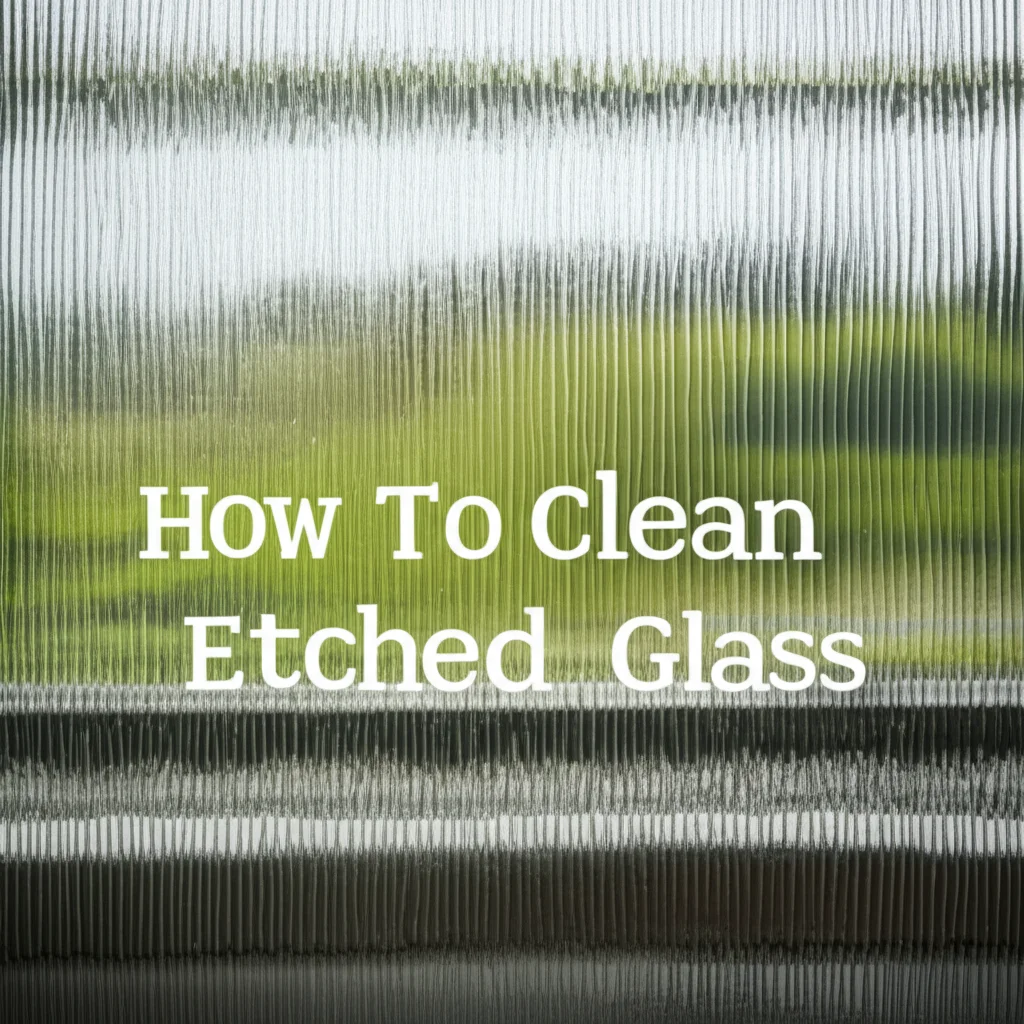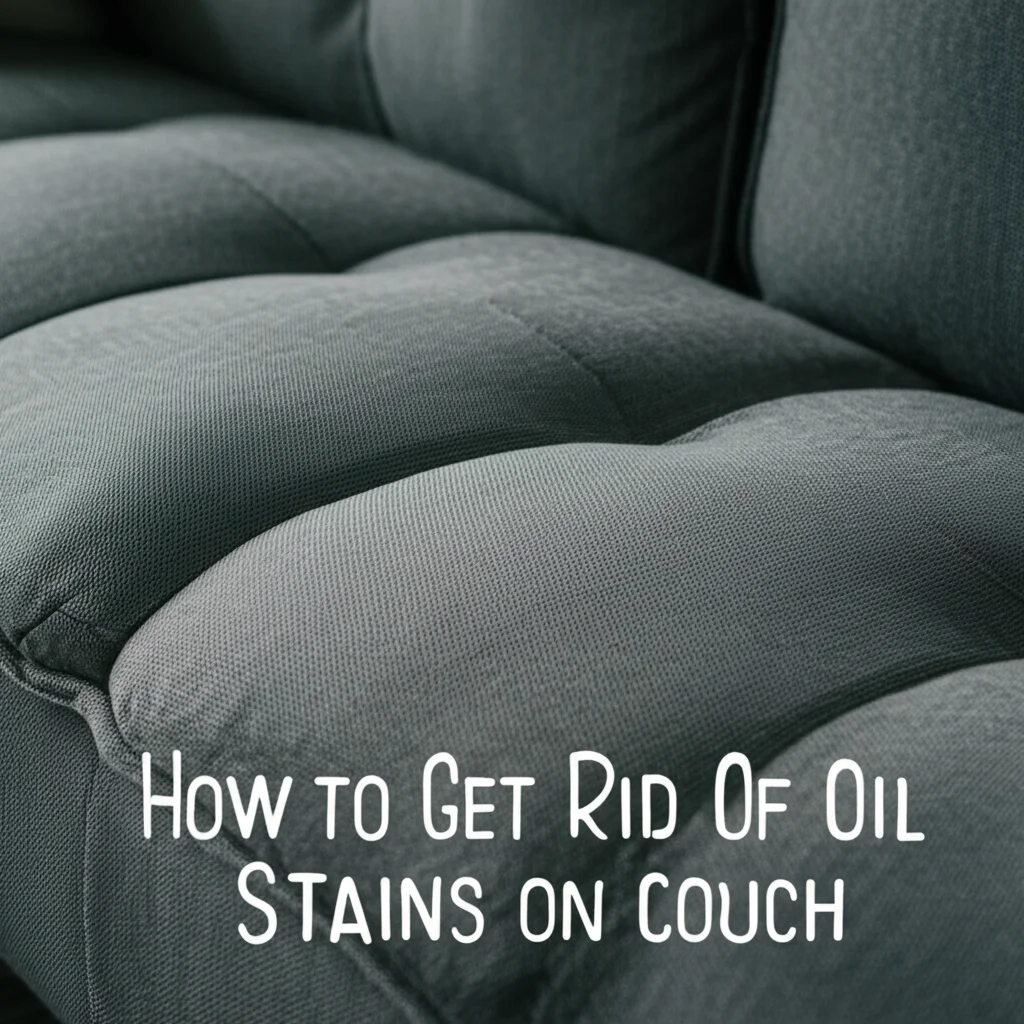· Davia Murnell · Home Cleaning · 13 min read
How To Clean Etched Glass

Unlock the Sparkle: How to Clean Etched Glass Safely
Etched glass adds beauty to any home. It creates privacy and gives a decorative touch. However, its textured surface can trap dust and grime more easily than smooth glass. Knowing how to clean etched glass properly keeps it looking its best. I want your etched glass to shine, not look dull.
Cleaning etched glass needs a gentle approach. Harsh chemicals or abrasive tools can damage the delicate surface. This guide will show you safe and effective ways to clean etched glass. You will learn about daily care and how to tackle tough stains. We will cover common issues and provide clear steps. Get ready to bring back the sparkle to your etched glass.
Takeaway:
- Always use soft cloths and gentle cleaning agents.
- Avoid abrasive materials that can scratch the delicate surface.
- Regular dusting helps prevent dirt buildup.
- Tackle tough stains like hard water spots with specific, safe solutions.
- Rinse thoroughly and dry immediately to prevent streaks.
To clean etched glass, use a mild solution of dish soap and distilled water with a soft microfiber cloth. Gently wipe the surface, then rinse with clean distilled water. Dry immediately using another clean, lint-free microfiber cloth to prevent streaks and water spots.
Understanding Etched Glass and Its Unique Cleaning Needs
Etched glass is a beautiful material. It has a frosted or matte finish. This texture comes from acid treatments or sandblasting. The process creates many tiny, rough peaks and valleys on the glass surface. These small details give etched glass its distinctive look. However, they also make it different to clean from smooth glass.
Smooth glass lets dirt sit on top. Etched glass allows dirt particles to settle into its texture. Dust, fingerprints, oils, and hard water minerals can get trapped. This trapped grime makes the glass look cloudy or dirty. Standard glass cleaners might not fully remove these trapped particles. They can also leave residues that dull the finish.
Using the wrong cleaning tools can harm etched glass. Abrasive sponges or stiff brushes can scratch the delicate etched surface. Once scratched, the damage is permanent. Harsh chemical cleaners can also strip away the finish or leave unsightly marks. We need to respect the unique nature of etched glass.
My goal is to help you protect your investment. A gentle, methodical approach works best. We will use soft materials and mild cleaners. This method removes dirt without causing damage. It keeps your etched glass beautiful for many years.
Essential Supplies for Effective Etched Glass Cleaning
Having the right tools makes cleaning etched glass much easier. You do not need many items. I always gather my supplies before I start cleaning. This saves time and ensures a smooth process. Proper tools also prevent damage to the delicate glass.
First, you need soft cloths. Microfiber cloths are excellent. They are gentle and highly absorbent. I recommend having at least two: one for cleaning and one for drying. Avoid paper towels or rough cloths. These can leave lint or scratch the surface.
Next, you need a suitable cleaning solution. For general cleaning, mild dish soap works well. Mix a few drops with distilled water. Distilled water is important because it does not have minerals. Tap water can leave water spots, especially on etched glass. You can also use a vinegar solution. Cleaning glass with vinegar is a popular, natural method. It is effective for many glass surfaces.
For tougher spots, you might need a soft-bristle brush. An old, clean toothbrush works well for small areas. Just make sure its bristles are very soft. A spray bottle helps apply solutions evenly. You will also need a clean bucket or bowl for mixing.
Gathering these items beforehand helps. You will be ready to tackle any cleaning task. Remember, gentle is key when working with etched glass. My cleaning routine always starts with these simple, safe supplies.
Gentle Daily Cleaning for Etched Glass Surfaces
Regular cleaning helps etched glass stay beautiful. I find that quick, daily maintenance prevents dirt from building up. This saves you from deep cleaning later. It also keeps your home looking fresh and inviting. Daily care is simple and takes very little time.
Start with dusting. Dust often settles on horizontal etched glass surfaces. Use a soft, dry microfiber cloth. Gently wipe the entire etched surface. This removes loose dust and minor smudges. Avoid pressing too hard. You simply want to lift the dust, not rub it in.
For light fingerprints or smudges, a slightly damp cloth works well. Dampen a clean microfiber cloth with distilled water. Lightly wipe the affected areas. Then, immediately follow with a dry microfiber cloth. This prevents water spots from forming. Cleaning glass without streaks is important for all glass, including etched.
If your etched glass is in a high-traffic area, daily wiping may be beneficial. For example, etched glass doors or tabletops get touched often. A quick wipe-down helps maintain their appearance. This also reduces the need for stronger cleaners. I try to make this a part of my regular tidying up.
Consistency is the real secret. Small, frequent cleaning efforts yield big results. Your etched glass will remain clear and bright. It will continue to enhance your home’s aesthetic. Keep it simple and keep it clean.
Tackling Stubborn Stains on Etched Glass
Sometimes, etched glass faces tougher challenges. Hard water spots, soap scum, or oily residue can build up. These stains get trapped deep within the etched surface. They make the glass look cloudy and dull. Do not worry; you can remove these stubborn marks with the right approach.
Hard water spots are a common issue. These appear as white, chalky residue. They form when mineral-rich water dries on the glass. Shower doors with etched glass often suffer from this problem. For these stains, an acid-based cleaner is effective. White vinegar is a natural and safe option. You can learn more about how to clean hard water stains on shower glass.
Soap scum also affects etched shower glass. It looks like a filmy, grayish layer. This builds up from soap, body oils, and minerals. A vinegar solution or mild dish soap mixture can break down soap scum. For severe buildup, you might need a non-abrasive scrubbing pad. Make sure the pad is designed for delicate surfaces.
Oily fingerprints and cooking grease can also cling to etched glass. A mild degreaser like diluted dish soap works wonders here. Apply the solution, let it sit for a few minutes, then gently wipe. Always rinse thoroughly afterward to remove all residue.
No matter the stain, remember to be patient. Do not scrub aggressively. Let the cleaning solution do its work. Follow up with a good rinse and dry. Your etched glass will regain its former clarity.
Natural Cleaning Solutions for Etched Glass
I prefer using natural cleaning solutions whenever possible. They are safe for your home and the environment. Many common household items make excellent cleaners for etched glass. These solutions are often just as effective as commercial products. Plus, they avoid harsh chemicals that can damage delicate surfaces.
White distilled vinegar is a powerhouse cleaner. It is acidic, which helps dissolve mineral deposits and soap scum. To make a vinegar solution, mix equal parts white vinegar and distilled water. Put it in a spray bottle. Spray the etched glass surface thoroughly. Let it sit for 5-10 minutes. Then, gently wipe with a soft microfiber cloth. Rinse well with distilled water and dry immediately. Using vinegar is an excellent way to clean glass without glass cleaner.
For everyday dirt and grease, mild dish soap works wonders. Add a few drops of mild dish soap to a bucket of warm distilled water. Dip a microfiber cloth into the soapy water. Wring out excess liquid until the cloth is just damp. Gently wipe down the etched glass. This solution cuts through oils and grime. Rinse the cloth often in clean distilled water.
Baking soda can help with tougher spots. Make a paste with baking soda and a little distilled water. Apply the paste to the stained area. Let it sit for a few minutes. Then, gently rub with a soft sponge or cloth. Rinse thoroughly and dry. Baking soda is a mild abrasive, so use it carefully.
These natural options are effective and gentle. They help you maintain your etched glass without harshness. I find peace of mind knowing I am using safe ingredients. Your etched glass will thank you for the gentle care.
Addressing Specific Etched Glass Problems
Etched glass can face unique problems beyond general dirt. These issues require specific attention. Knowing how to handle them keeps your glass looking perfect. I have dealt with these common problems often.
Hard water spots are one of the most frequent issues. These spots appear as white, crusty marks. They are mineral deposits left behind when water evaporates. Shower doors and windows are prone to them. For these, a vinegar solution is best. Spray full-strength white vinegar on the spots. Let it sit for 10-15 minutes. The acid breaks down the minerals. Then, gently scrub with a soft brush or non-abrasive pad. Rinse thoroughly with distilled water. This method also works for cleaning water spots off glass.
Soap scum builds up on etched shower doors. It looks like a cloudy film. This is a mix of soap, body oils, and hard water minerals. Mix equal parts vinegar and dish soap. Apply this mixture to the soap scum. Let it sit for 15-20 minutes. Then, gently scrub with a soft brush. Rinse well with clean water. This helps with cleaning soap scum from glass shower doors.
Oily residue and fingerprints are common, especially on frequently touched etched glass. Mild dish soap mixed with distilled water is effective. Apply the solution with a microfiber cloth. Gently wipe the affected areas. The soap breaks down the oils. Rinse with clean distilled water. Dry immediately to prevent new spots.
Always test any new cleaning method in an inconspicuous area first. This ensures the solution will not harm your specific type of etched glass. Patience and the right solution solve most problems.
Maintaining and Protecting Your Etched Glass
Cleaning etched glass is one step. Protecting it is another. Proper maintenance extends the life of your etched glass. It also reduces how often you need to deep clean. I always think about long-term care for my home items.
After cleaning, ensure your etched glass is completely dry. Use a clean, lint-free microfiber cloth. Work in small sections. Drying removes any remaining moisture. This prevents new water spots from forming. It also helps achieve a streak-free finish.
Consider applying a glass protectant. Some products create a clear barrier on the glass. This barrier repels water and prevents mineral buildup. It makes future cleaning much easier. Look for products specifically designed for glass or shower doors. Always check if the product is safe for etched or frosted surfaces. Follow the product instructions carefully.
Protect etched glass from harsh environments. For outdoor etched glass, like door inserts, protect it from direct rain or sprinklers if possible. Indoor etched glass near cooking areas might need more frequent cleaning due to grease.
Regular, light dusting is your best friend. This prevents a thick layer of grime from forming. It keeps the etched texture clear and bright. Make it a habit to wipe down etched surfaces every few days. This simple step makes a big difference.
By taking these steps, your etched glass will stay beautiful. It will continue to add elegance to your space. Protection and consistent care are key.
When to Consider Professional Etched Glass Cleaning
Most etched glass cleaning you can do yourself. However, some situations might require a professional. Knowing when to call an expert saves you time and prevents potential damage. I recommend this if you face specific challenges.
Very old or badly neglected etched glass might have deep-seated stains. These stains could include heavy calcium buildup or persistent mold. Standard cleaning methods might not work. Professionals have specialized tools and stronger, yet safe, chemicals. They can often restore glass that seems beyond repair. This is especially true for calcium buildup on glass that has hardened over many years.
If your etched glass is part of a large, intricate design, professional help is smart. Think about large etched glass panels or delicate art pieces. Cleaning these without expertise might cause damage. Professionals understand how to handle large or fragile installations. They have experience with different types of etching processes.
Damage is another reason to call a professional. If the glass has deep scratches or chips, cleaning will not fix this. Professionals can assess the damage. They might recommend repair or replacement options. Do not try to fix deep scratches yourself on etched glass.
Finally, consider your comfort level. If you feel unsure about cleaning a particular piece, get help. Protecting your etched glass is important. A professional can provide peace of mind. They ensure the job is done correctly and safely.
Frequently Asked Questions
Can you use regular glass cleaner on etched glass?
Using regular glass cleaner on etched glass is not ideal. Many commercial glass cleaners contain ammonia or other harsh chemicals. These can leave a streaky residue in the textured surface of etched glass. They might also dull the frosted finish over time. Mild dish soap and distilled water or a vinegar solution are safer options.
How do you remove hard water stains from etched glass?
To remove hard water stains, apply white distilled vinegar to the affected area. Let it sit for 10-15 minutes to allow the acid to break down mineral deposits. Gently scrub with a soft-bristle brush or non-abrasive pad. Rinse thoroughly with distilled water and dry with a clean microfiber cloth to prevent new spots.
What causes etched glass to look cloudy?
Etched glass looks cloudy due to trapped dust, dirt, oils, and mineral deposits. The textured surface holds onto these particles more than smooth glass. Over time, these residues build up. This dulls the frosted appearance and makes the glass appear cloudy or dirty. Regular, gentle cleaning prevents this buildup.
Is vinegar safe for etched glass?
Yes, white distilled vinegar is generally safe for etched glass. Its mild acidity helps dissolve mineral deposits and soap scum without harming the glass. Always dilute it with distilled water for general cleaning. Test a small, hidden area first to ensure no adverse reaction. Rinse completely after cleaning.
How often should I clean etched glass?
The frequency of cleaning etched glass depends on its location and use. For high-traffic areas like shower doors, daily or weekly dusting and wiping are beneficial. For decorative pieces or windows, a monthly cleaning might suffice. Regular, light cleaning prevents stubborn buildup.
Can I use abrasive cleaners on etched glass?
No, do not use abrasive cleaners or tools on etched glass. Scouring powders, steel wool, or stiff brushes can scratch the delicate frosted surface. This damage is permanent and will ruin the appearance of the etching. Always opt for soft cloths and gentle, non-abrasive cleaning solutions.
Conclusion
Cleaning etched glass does not have to be a challenge. With the right techniques and gentle care, you can keep your beautiful frosted surfaces sparkling. I hope this guide has given you clear, actionable steps. Remember, the key to maintaining etched glass is understanding its unique texture.
Always choose mild cleaning solutions and soft tools. Regular dusting and prompt attention to spills prevent bigger problems. For stubborn issues like hard water spots or soap scum, natural remedies like vinegar work wonders. My aim is to help you achieve a pristine, streak-free shine every time you clean etched glass.
Your etched glass is a unique part of your home’s charm. Give it the gentle care it deserves. By following these simple tips, your etched glass will continue to impress. Take pride in its renewed clarity and brightness. Start cleaning your etched glass today and enjoy its beauty for years to come.
- etched glass cleaning
- frosted glass care
- delicate glass surfaces
- glass maintenance
- home cleaning tips



